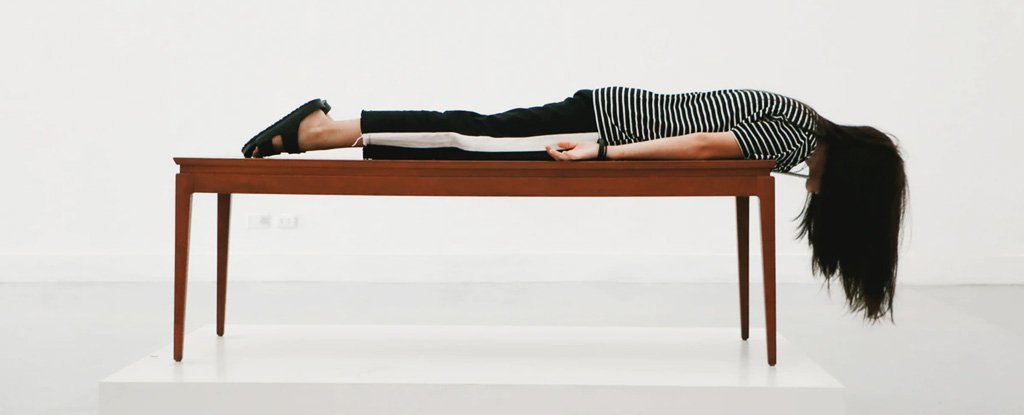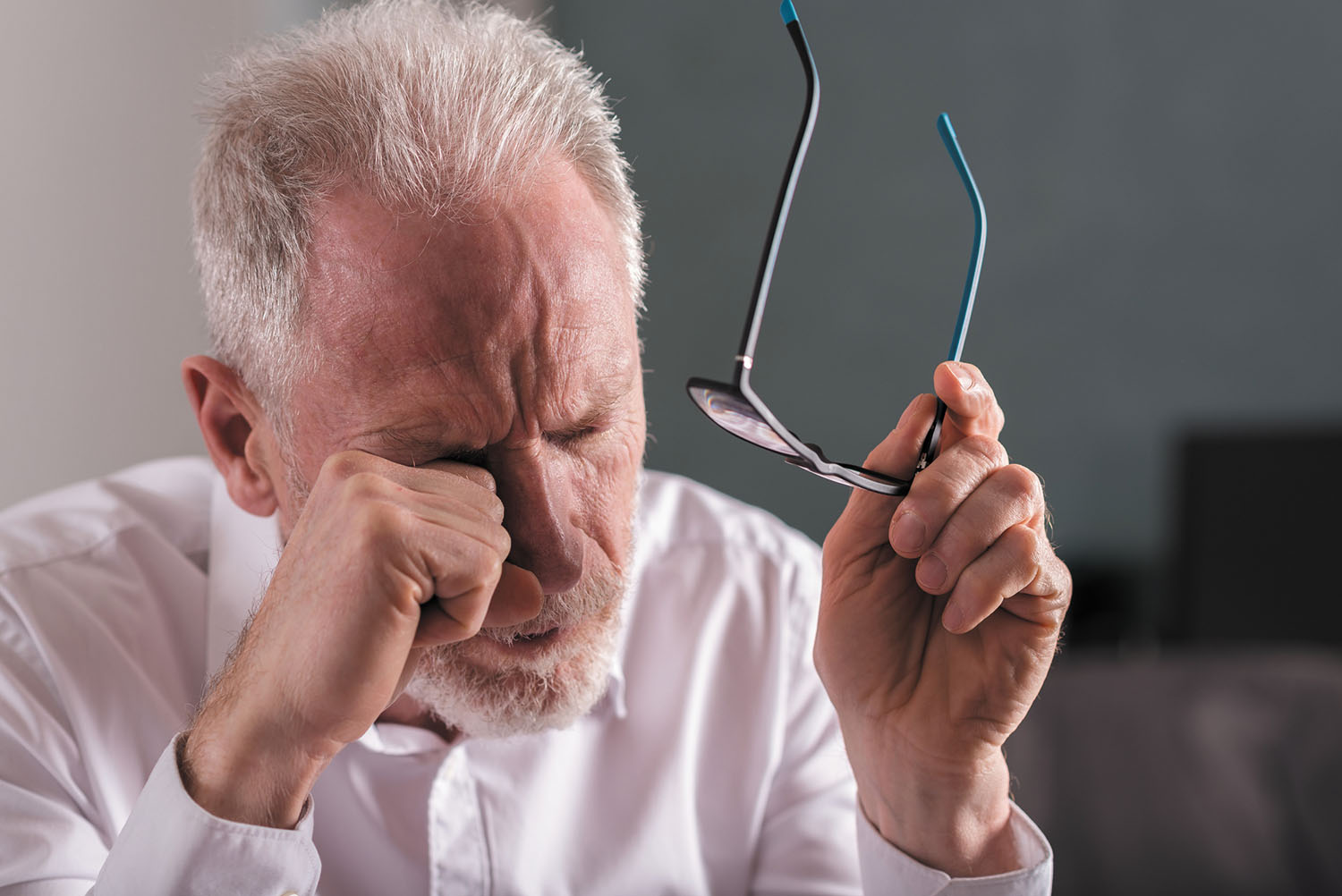Tiredness, Sleepiness, Fatigue
"Sleep seems to be a canary in the coal mine, where it's sensitive to all these things going on in your body."
"So, when it starts changing, you want to ask, 'Well, what's going on'?"
"If you're routinely getting five or six hours of sleep and you're feeling tired, that's an easy thing to check off the list in terms of figuring out what the problem is."
"Aging is associated with sleep that is a little shallower and a little more broken up, but not less satisfying."
"If you're an older person and you're really unhappy with your sleep, that's actually an issue."
Michael Gradner, director, Sleep & Health Research Program, University of Arizona, Tucson
"If you're feeling sleepy and it's interfering with your life, you shouldn't just think this is a normal kind of thing."
"We need to realize that if we prioritize sleep, we become the best version of ourselves."
"There is no substitute for sleep."
Nathaniel Watson, University of Washington, Seattle
 |
| (Pim Chu/Unsplash) |
People often complain of being tired, and that condition is quite distinct from feeling sleepy or fatigued. At the same time feeling tired, while a temporary condition that is readily treatable by getting more rest, can on occasion be a symptom of something deeper. Experts in the field view the feeling of being tired suddenly increasing or preventing someone from assuming normal activities, as a potential sign of a health problem or a sleep disorder, both of which should be explored to find the cause.
Sleepiness is defined as a need for sleep, the lack of which makes it difficult to remain awake throughout the course of a day. It can be distinguished from fatigue which connotes a deeper condition physical or mental, placing a burden on someone's capacity to pursue the demands of a normal day. Feeling tired falls in the space between the two; tiredness demands rest but at the same time people are able to forge ahead and be productive even while tired; though it takes more an effort.
A survey by the National Sleep Foundation in 2014 revealed that 45 percent of respondents stated they had experienced poor sleep or hadn't had enough sleep in the previous week -- and up to 20 percent of people reported excessive sleepiness on a regular basis. In 2017, a National Safety Council survey reported that 76 percent of people admitted to feeling tired at work. A third of Americans fail to sleep the recommended seven or more hours nightly, according to the Centers for Disease Control and Prevention.
According to Nathaniel Watson, director of the Harborview Sleep Clinic at University of
Washington in Seattle, "There is no substitute for sleep". No one sleeps 100 percent of the time they're in bed, many people need up to an hour to fall asleep, so being in bed for eight hours doesn't necessarily mean 8 hours of sleep. Emotional stress interfering with sleep or causing sleep interruptions is normal. Even those convinced they've had a good night's rest may often experience a bout of sleepiness in mid-afternoon.
And then there is the impact of age in sleep where studies indicate that as people age, sleep patterns tend to change in ways that are predictable. Taking longer to fall asleep, and awakening more frequently during the night -- along with being awake for longer periods at night. Despite which, tudies have found that complaints about sleep and tiredness decline with age after an early adulthood peak.
 |
| Image: © thodonal/Getty Images |
A 2017 study found that doctors may recommend ineffective treatments for sleep deficiencies even though insomnia affects up to 15 percent of adults and studies indicate that the application of behavioural therapies can be more effective in addressing such problems, than prescribing medications.

0 Comments:
Post a Comment
<< Home